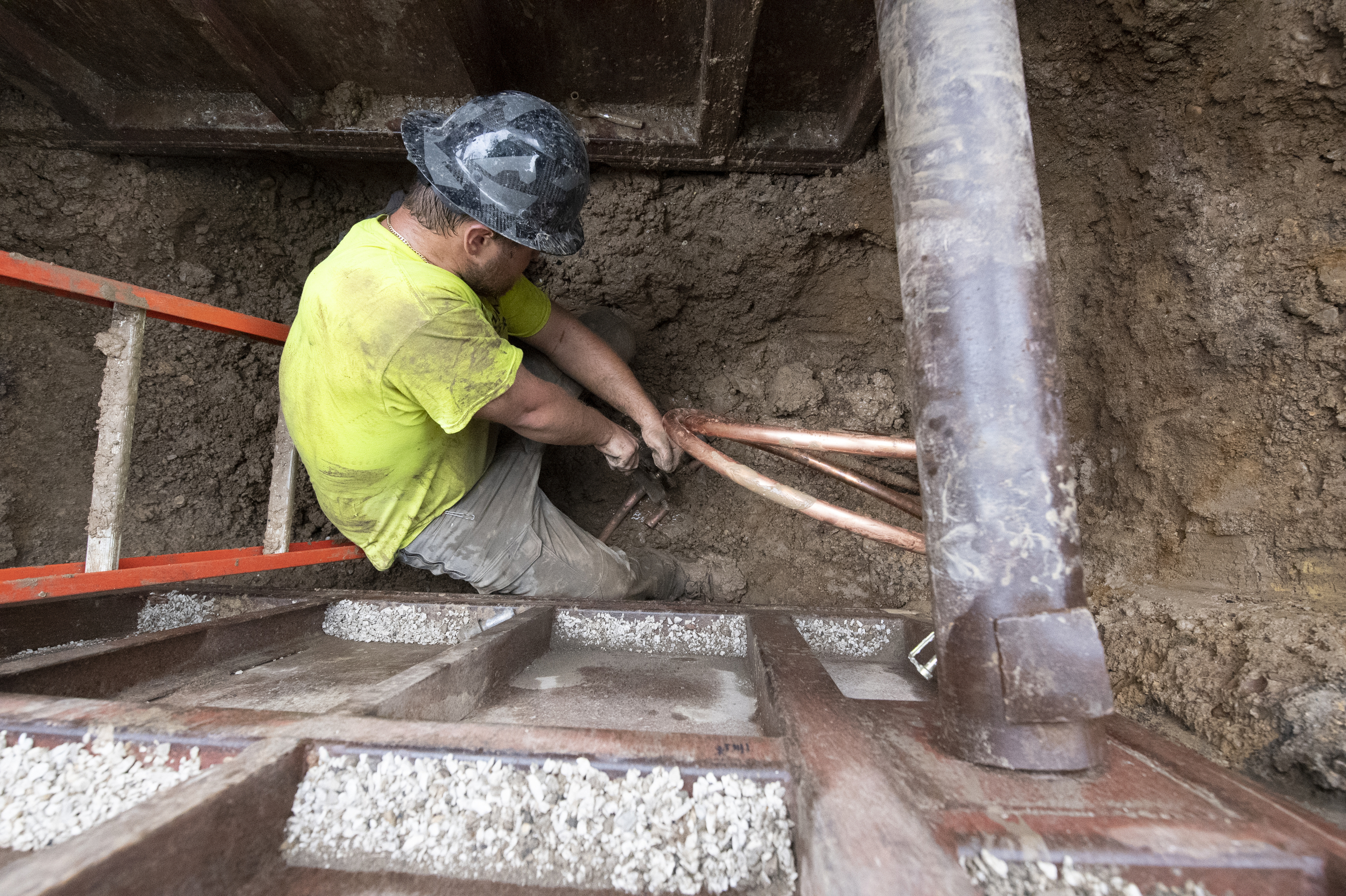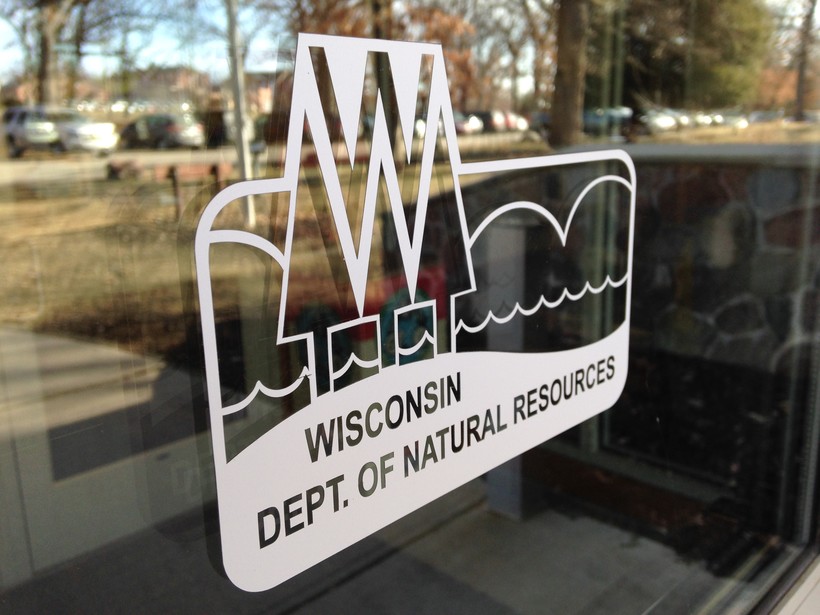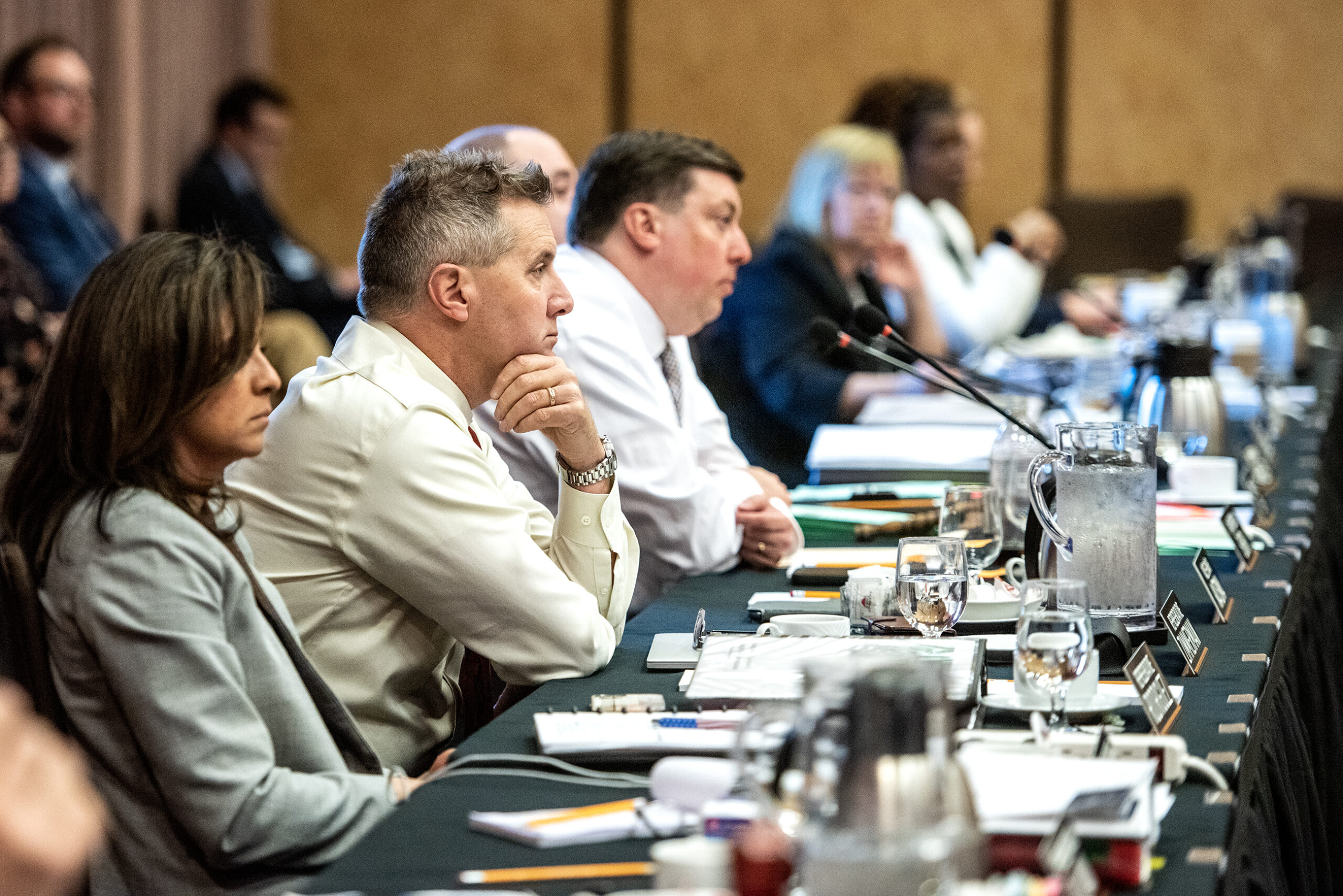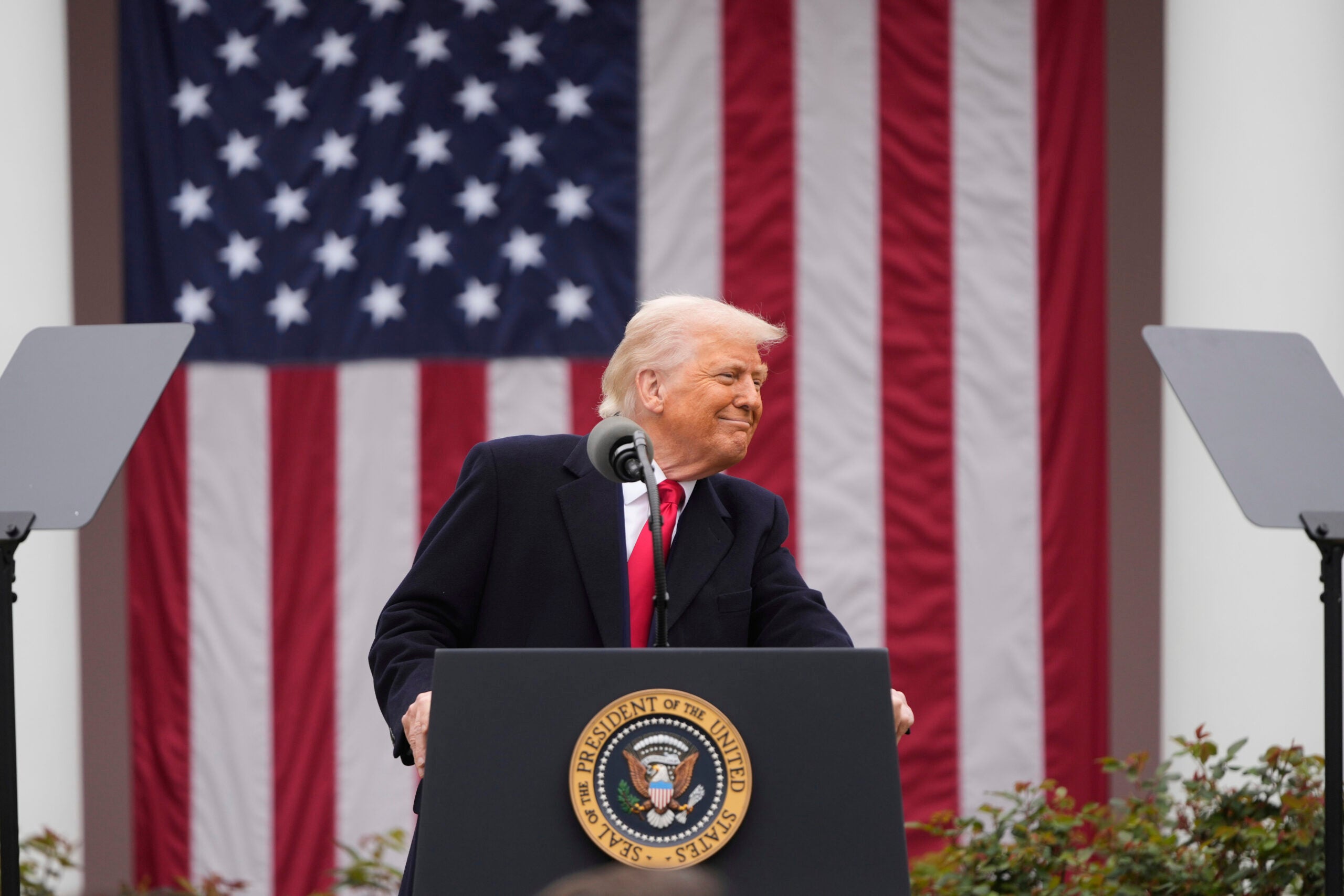Federal environmental regulators have announced Wisconsin will receive $142.7 million to target removal of lead pipes, harmful forever chemicals and water challenges in underserved communities as part of the first allocation under the bipartisan infrastructure law.
U.S. Environmental Protection Agency Administrator Michael Regan announced the funding Thursday as part of $7.4 billion awarded to states and tribes under the $1 trillion bipartisan infrastructure bill signed into law by President Joe Biden on Nov. 15.
The award is part of $44 billion in state revolving loan funds that will be distributed over the next five years to help state and tribal governments make long overdue upgrades to drinking water and wastewater systems.
News with a little more humanity
WPR’s “Wisconsin Today” newsletter keeps you connected to the state you love without feeling overwhelmed. No paywall. No agenda. No corporate filter.
Around half of the funding will be made available as grants or loans to provide to rural and urban communities.
“Billions of dollars are about to start flowing to states and it is critical that EPA partners with states, Tribes, and territories to ensure the benefits of these investments are delivered in the most equitable way,” said Regan in a news release.
In a letter to Gov. Tony Evers, Regan urged prioritizing grants for disadvantaged communities.
“To further aid states, tribes, local governments and water systems, the EPA will also provide technical assistance to help disadvantaged communities overcome barriers in applying for and receiving loans and grants through the (state revolving loan funds),” wrote Regan.
State revolving loan fund programs offer low-cost financing to help communities repair or upgrade water and wastewater infrastructure.
Assistant Administrator of the EPA’s Office of Water Radhika Fox will soon issue guidance to state agencies on how they should use the funding provided under the law. In his letter, Regan urged states to correct disparities with funding, make progress on replacing lead service lines and provide relief to communities struggling with contamination from harmful perfluoroalkyl and polyfluoroalkyl substances (PFAS).
“Every Wisconsin community needs access to clean drinking water and an environment free of toxic chemicals. Now we have an investment that will create jobs and help make that a reality,” said Wisconsin Democratic U.S. Sen. Tammy Baldwin in a statement. “This is a major federal investment to help local communities in Wisconsin replace dangerous lead service lines and address PFAS contaminants so that we provide safe and clean drinking water to people across our state.”
Wisconsin has hundreds of thousands of pipeline segments containing lead or other harmful materials, according to Wisconsin Watch. Milwaukee alone has roughly 70,000 lead service lines that could cost nearly $800 million to replace.
As for PFAS, state environmental regulators have detected 51 sites within 25 communities that have PFAS polluted groundwater. However, less than 1 percent of the state’s more than 11,000 public water supplies have been tested for the chemicals. PFAS has been found in public and private wells in communities across the state, including Peshtigo, Campbell, Marinette, La Crosse, Eau Claire, Rhinelander and Madison.
The funding under the infrastructure bill represents the single largest investment in water infrastructure in decades, but the needs are great. The American Society of Civil Engineers estimates Wisconsin water and wastewater systems need around $15 billion over the next two decades to address aging infrastructure.
Editor’s note: This story was updated at 12:30 p.m. on Dec. 3, 2021, with a statement from U.S. Sen. Tammy Baldwin.
Wisconsin Public Radio, © Copyright 2025, Board of Regents of the University of Wisconsin System and Wisconsin Educational Communications Board.






